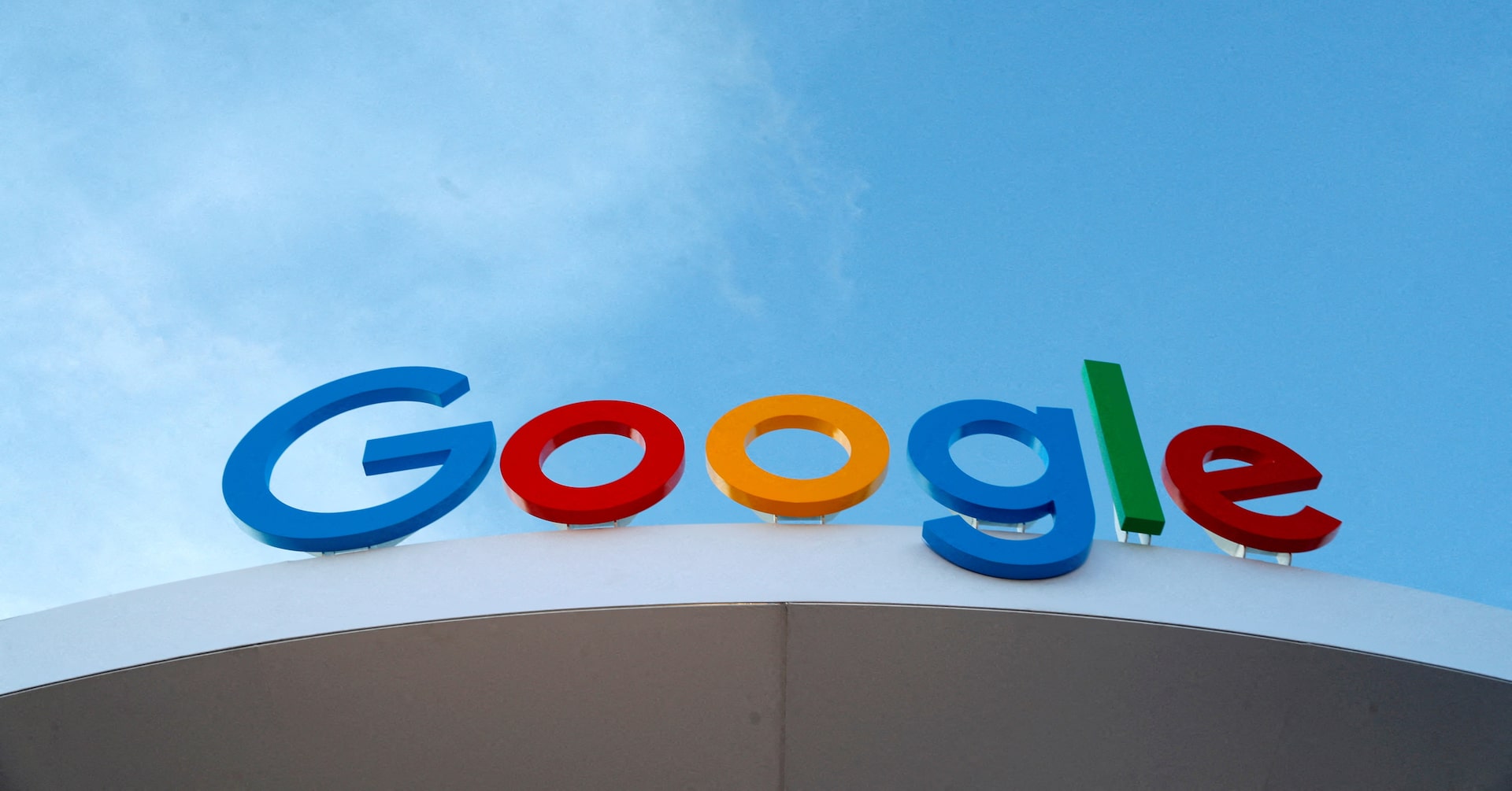Digital Disruption: EdTech Firm Challenges Google's AI Search Overhaul in Landmark Lawsuit

Google's Dominance Threatens Original Content, Tech Company Claims in Groundbreaking Lawsuit
Alphabet's internet search giant, Google, is facing serious allegations that its innovative AI-powered search features are systematically undermining the digital publishing landscape. In a bold legal move on Monday, a prominent U.S. educational technology company filed a lawsuit challenging Google's approach to content aggregation and AI-generated summaries.
The lawsuit contends that Google's new AI overview feature is eroding the value of original content by providing comprehensive summaries that potentially reduce users' motivation to visit the original sources. By presenting condensed, AI-generated information directly in search results, the tech giant may be inadvertently diminishing the economic viability of content creators and publishers.
This legal challenge highlights the growing tension between cutting-edge AI technology and traditional content production models, raising critical questions about intellectual property, fair use, and the future of digital information dissemination.
As the tech industry watches closely, this lawsuit could potentially set a significant precedent for how AI-powered search engines interact with and compensate original content creators in the digital age.

